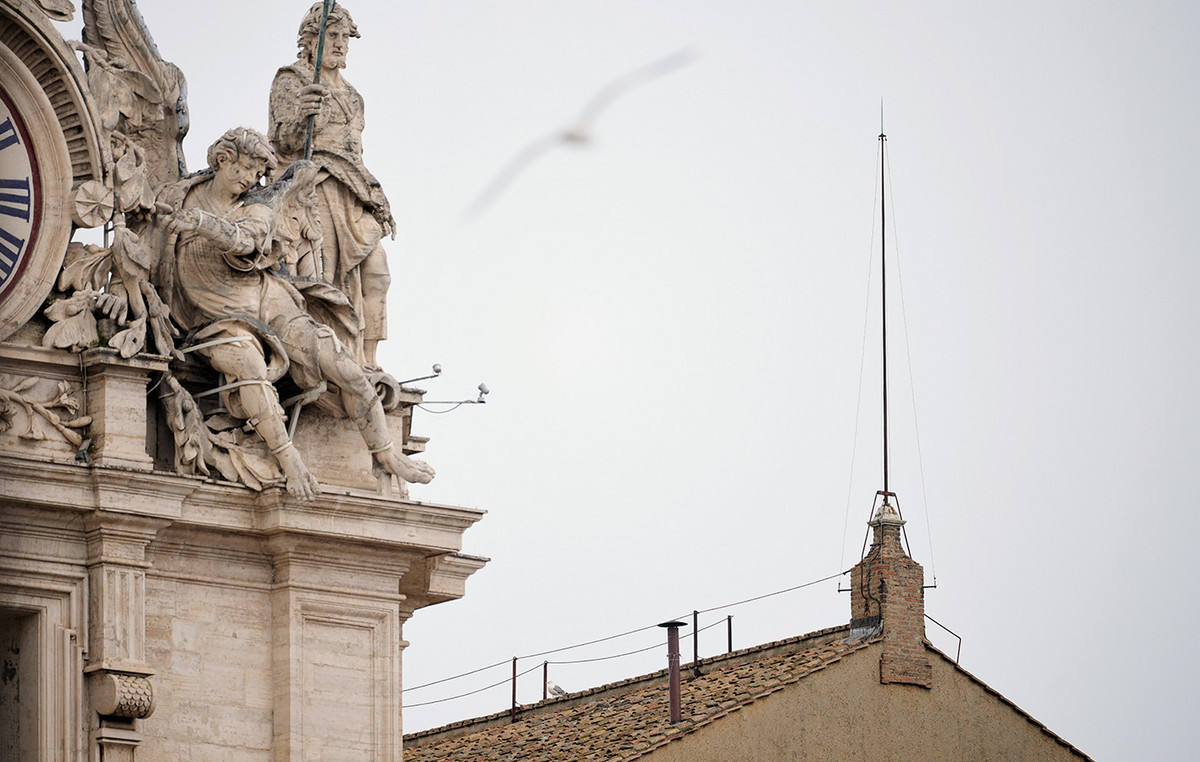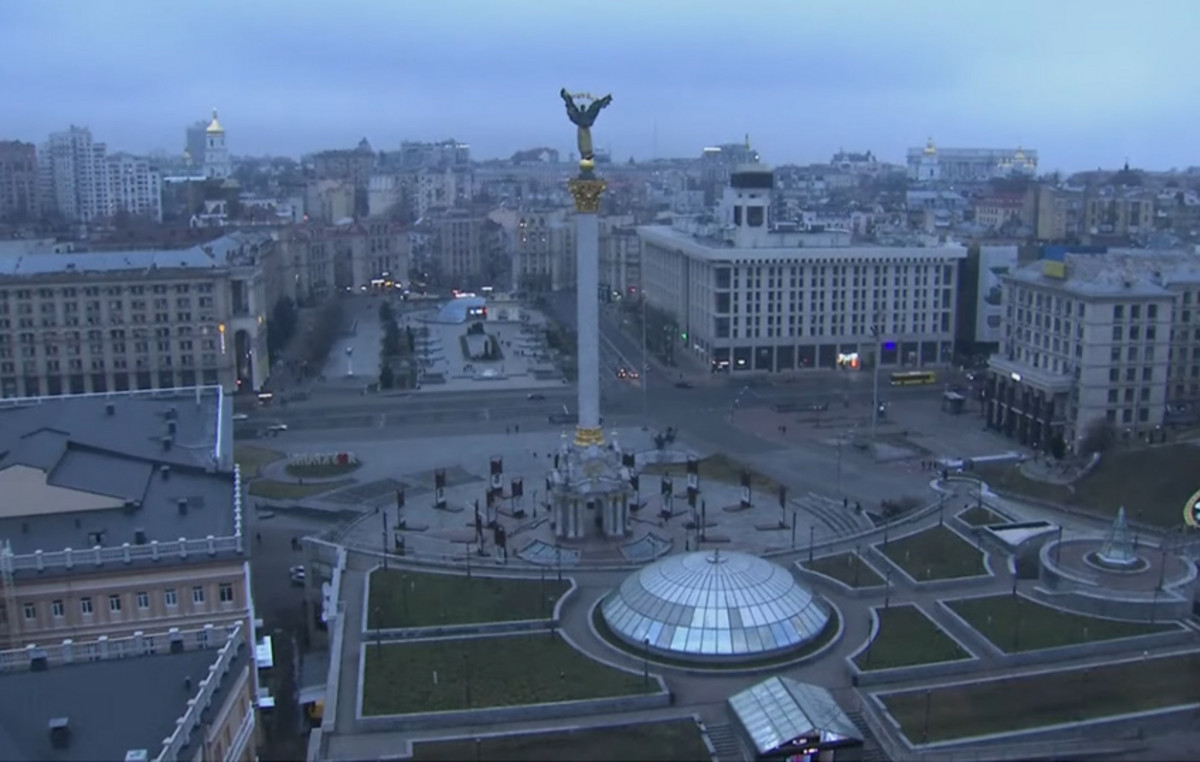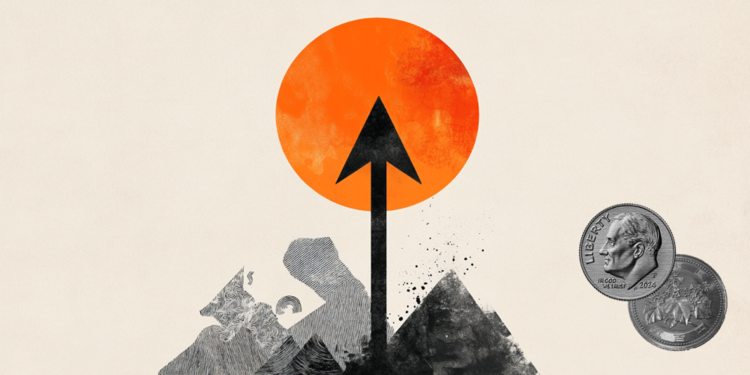“Fifteen places canceled in two days, the need to make reservations in four restaurants to choose one and leave the rest in hand…” It was through a post on a social network, with an outburst tone, that the chef Raphael Vieira brought to light an increasingly recurrent practice that afflicts restaurants around the world: the so-called “no show”.
It is the English term for the good old “pipe”, where the customer does not show up for the reservation made by him in advance, does not notify the establishment or, worse, makes reservations in different restaurants to, just in time, decide on which one is having dinner.
“An entire chain is used to prepare the dish to reach the customer’s table, and this chain suffers an impact the moment that customer cancels the reservation”, says Vieira, commenting on his post, which had been made days before. He owns the 31 Restaurant a small address in the República region, in São Paulo which favors vegan and vegetarian recipes served in the form of a tasting menu.

The practice does not only devastate small houses, like his, but also larger businesses, like the trendy Moma – Modern Mamma Osteria , with popular units in Pinheiros and Itaim Bibi. After all, houses end up losing a precious source of revenue in the post-pandemic period, when they are still recovering from the financial shocks caused by the period.
Paulo Barros who runs Moma alongside the Italian chef Salvatore Loi , has recently started a test, only in one of the units – it reserves only 30% of the tables. “There are customers who arrange to arrive early with a reservation and have a seat. That’s why we’re testing it that way.”
But according to him, when the restaurant was adept at the practice in a more intensive way, “discomfort” among customers was even common. “Some reservations did not show up and we had to hold the empty table for another 15 minutes, which is the grace period, while other customers were waiting for a place to sit.”
Rubens Salfer, group executive chef SUN says that the suffering with the “no show” is also felt in the renowned DOM, holder of two stars in the prestigious Michelin Guide and in the list of the best restaurants in Latin America by The World 50 Best Restaurants, and in Dalva and Dito the group’s most relaxed affective Brazilian food joint.

At DOM there are only 53 seats, which at dinner time only offer a tasting menu and only with reservations.
“A table of five people that does not show up represents 10% of the evening’s revenue, and we had a concern and expense with inputs, extra items in case someone at the table needs a replacement for one of the dishes, staff at the ready. The list of preparations and tasks before opening the restaurant doors and the customer sits down is long and, of course, has a value” says the chef, who also adds that at DOM when a table does not appear, it is difficult to put other diners in its place , as it is already a well-known establishment in the city for only operating by reservation.
At Dalva e Dito, which has more than twice as many seats, 110 in the main hall, the problem is even worse. Because it is famous for being able to serve large groups, customers reserve tables, sometimes with more than ten seats, and the house prepares to serve perfectly, often even with reinforcement of staffsimply for diners not to show up.
Luiz Felipe owner and chef at the head of the Evvai, also starred and on the list of the best restaurants in Latin America by The World 50 Best Restaurants suffers from the same problem and says he constantly thinks about changing the reservation system to pay for dinner in advance.
With only 51 seats, the house charges a reservation fee that is deducted when checking the bill, but Luiz says that when this fee is debited from customers who did not show up, normally, they do not authorize the expense with the credit card and the loss it is really 100% for the restaurant.
Strategies to avoid losses

Andre Mifano chef and owner of Donna in turn, preferred to resort to a solution that has become common in other countries: charging a reservation fee, which is later deducted from the final amount of the bill, even over protests and complaints from some diners.
“For a restaurant like mine, with 28 seats, one or two tables that don’t show up can represent up to 20% of the day’s revenue”, he argues.
Raphael compares going to a restaurant to a theater play: “When you go to the theater, you need to buy tickets in advance. This is because there is a cost for rehearsals and in a restaurant it is no different: we enter before the house opens, we prepare everything according to the reservations and this generates a cost that is wasted when the ‘no show’ happens”, he discusses.
He goes even deeper: “It’s not just the financial waste, but also the land, supplier and fossil fuel. An entire chain is impacted the moment the customer cancels the reservation”, he is indignant.
Mifano addresses yet another aspect that involves reservations in current times: the immediacy . “The person goes out to dinner today and looks like they have to run back to put out a house fire. She arrives, eats and gets up. You don’t enjoy dinner, it seems that the idea is to play cards”.
According to him, in the 1980s, it was not common to arrive at a restaurant and immediately sit down at a table.
“At that time, there was a ritual of stopping at the waiting bar and having a drink while the table was being prepared. Much of this experience of going out to eat has been lost, which is more than taking a photo to post on Instagram. Going out to eat needs to go back to being a relaxing and pleasurable program”, he complains. “When the person does not show up, all the purchase of inputs, the pre-preparation, the organization of the kitchen is wasted. All because people cannot simply unmark what they themselves have marked, ”she adds.
It’s something he tries to put into practice at Donna, where you can wait for a seat in the tiny lounge while sipping drinks from the bartender. Vini Lopes or snack on their famous piece of fried cheese bread.

The same happens in Ama.zo Peruvian , Campos Elíseos restaurant that recently gained a second unit in Shopping Higienópolis. In the unit located in the center, which occupies a historic mansion designed by Ramos de Azevedo, a table is waiting for you in a space with benches and sofas and even an exclusive menu.
“It’s a super nice space,” says Leonardo Aponte , house manager. “There is even a wait to sit on the wait.”
Leo explains that the house, which has a capacity for 160 people, accepts booking a table, but there are rules. “We open reservations with a maximum of two weeks in advance in order to reduce the ‘no show’, and with predetermined times.” There is also a limit for groups of no more than eight people. “Still, the non-attendance reaches 25%.”
“Book and show up”
A demonstration that this is a global problem was the creation of the movement “Book and Show Up ”, which brought together chefs, sommeliers and restaurateurs for just over a year in Portugal.
The aim was to raise customer awareness of the importance of canceling the reservation made in advance, in case of not being able to attend, especially at a time when the world was emerging from the critical phase of the pandemic and establishments were welcoming the public again after an extended period. of losses resulting from the lockdown.
“Plans change. It doesn’t hurt. Just let them know”, said the phrase in the movement’s publications, which slowed down after reaping good results. Around here, Mifano is already rehearsing a similar campaign. “Reservations have become a way for you to have something guaranteed, and then you decide right away if you want it or not. When that starts to happen, they go from being a good thing to being harmful to the business,” he argues.
This premise is not only valid for restaurants, but also for some bars in the city.
“In the beginning, we tried to implement a reservation system, even to attract customers, but right away it didn’t work”, he explains. Marco Aurélio Sena which opened the Tantin in mid-2022 in a nice corner of Pinheiros with the face of a bartender. “People don’t see our side. There is a whole advance preparation”, he says, which ends: “It’s like getting ready for a special date and the person doesn’t go.”
Truth be told: nobody likes to be ready and wait forever for that special someone to arrive, right?
Source: CNN Brasil
Johanna Foster is an expert opinion writer with over 7 years of experience. She has a reputation for delivering insightful and thought-provoking articles on a variety of subjects. Her work can be found on some of the top online news websites, and she is currently lending her voice to the world stock market.







